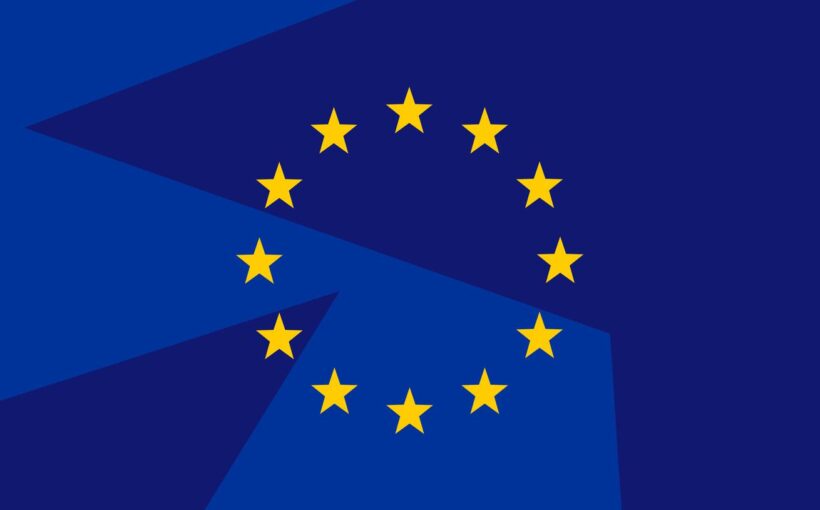BRUSSELS — Hungary’s decision to expand its “national card” to include Russians and Belarusians sparked condemnation from the European People’s Party and a response from the European Commission.
In a letter to Council President Charles Michel, EPP party head Manfred Weber said the scheme raises “serious national security concerns,” and creates “grave loopholes for espionage activities.”
A Commission spokesperson said Brussels will be in touch with Hungary to “clarify the scope of this scheme and whether or not it falls under the remit of the EU rules.”
Earlier this month, Hungary published details of a new fast-track visa system for citizens of eight countries including Russia and Belarus to enter Hungary. Previously, these cards were only available to Ukrainian and Serbian citizens.
Hungarian Prime Minister Viktor Orbán has already raised hackles in fellow EU countries with his freelance effort to broker a peace deal to end the war in Ukraine. He is seen as the bloc’s most pro-Kremlin leader.
The national card allows a person to work in Hungary for up to two years, and the scheme is simpler than obtaining a regular work permit or business visa. It also enables family reunification and can be extended. After three years, a national card holder would qualify for permanent residency.
Most crucially, it makes it easier for card holders to access the broader Schengen area, “bypassing the restrictions required by EU law,” reads Weber’s letter, sent Monday.
“The lack of a clear need for such a broad and unregulated entry mechanism for Russian and Belarusian workers … poses questions over the consequences for Hungary and the wider Schengen area.”
Weber also called on EU leaders to “adopt the most stringent measures to immediately protect the integrity” of Schengen, while “preventing member states from taking similar initiatives.”
The Commission could suspend a country’s Schengen status, but that would set a precedent.
There were threats to suspend Greece’s status in 2016 in response to the migrant crisis, but no country has been suspended since the open border scheme was first introduced in 1985. However, countries have put in temporary border restrictions in response to emergencies such as the Covid pandemic or from increases in migration pressure.
Hungary put the national card scheme into place a year after the U.S. pressured it to withdraw from the International Investment Bank, a Russia-controlled bank.
Washington warned that the bank posed a national security risk because it was allowed to invite an unlimited number of guests and experts, to whom Hungary was obliged to issue visas without any background checks. Those officials were then allowed to travel throughout the bloc.
Budapest left the IIB but bristled at having to do so.


